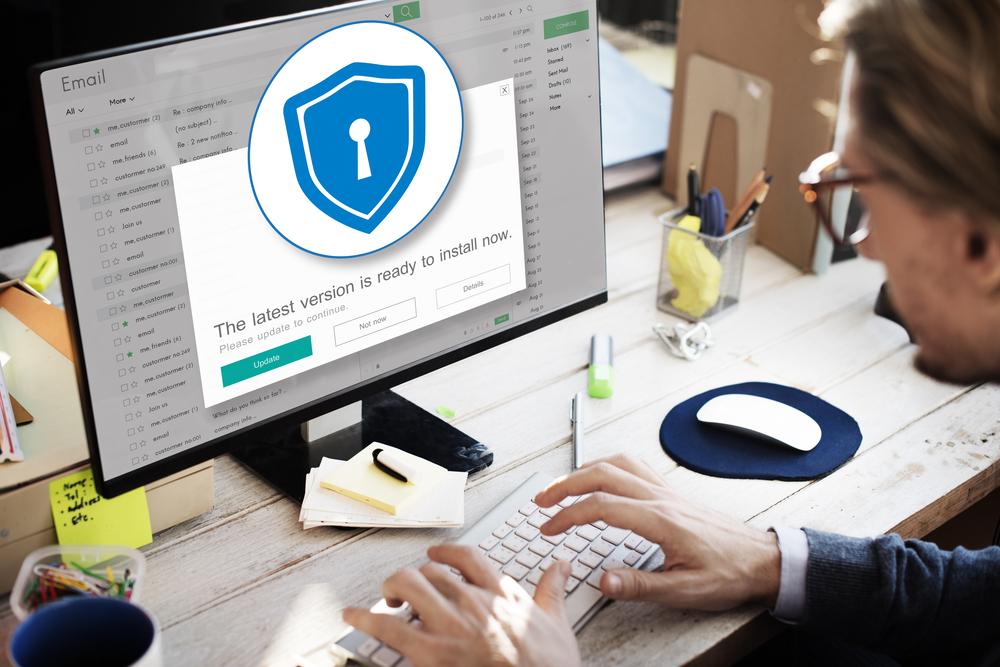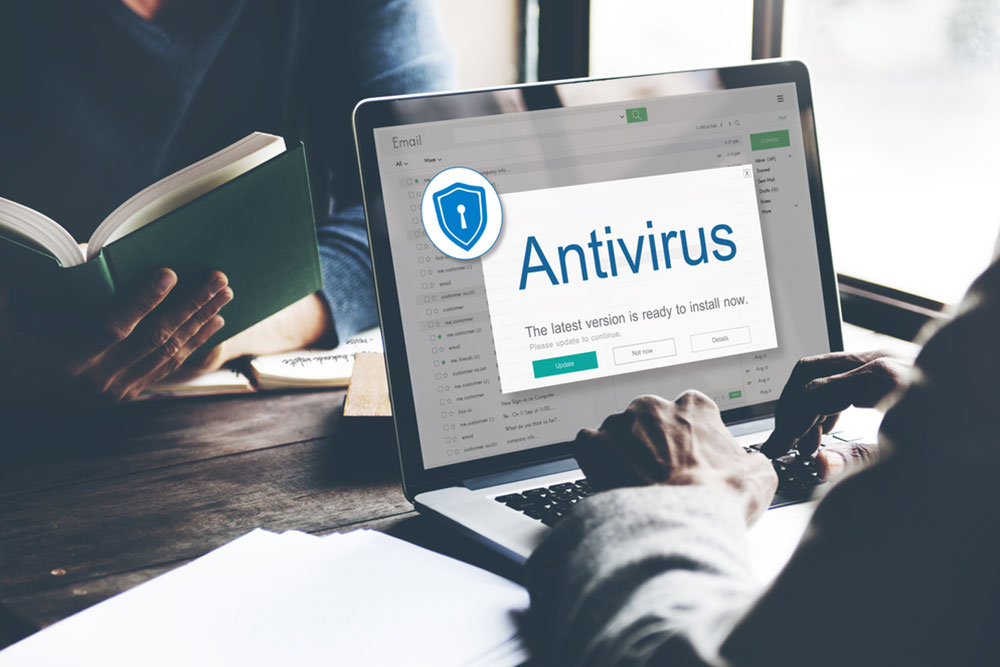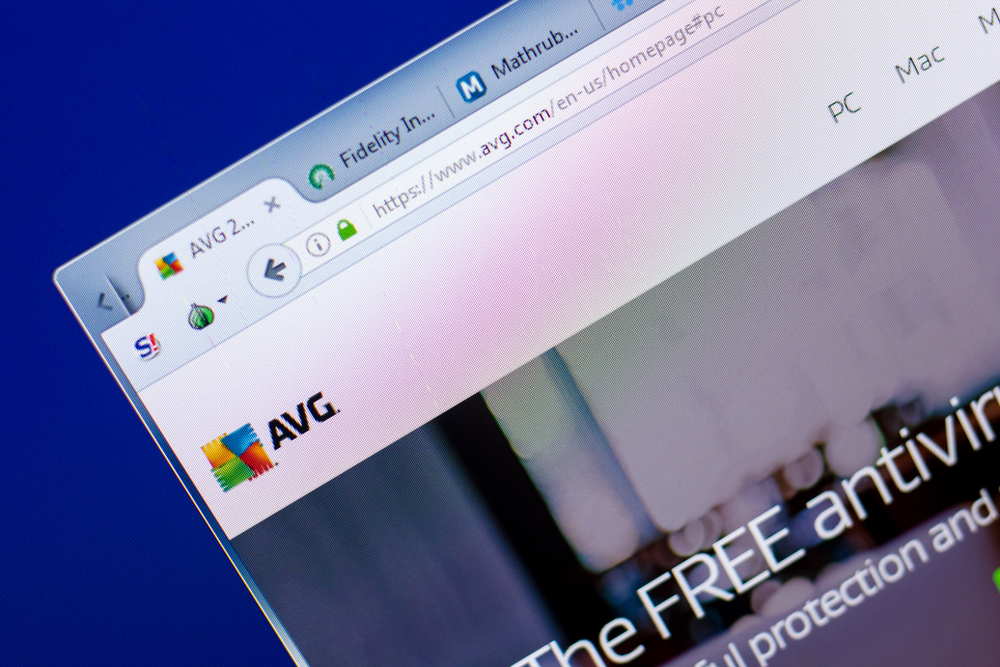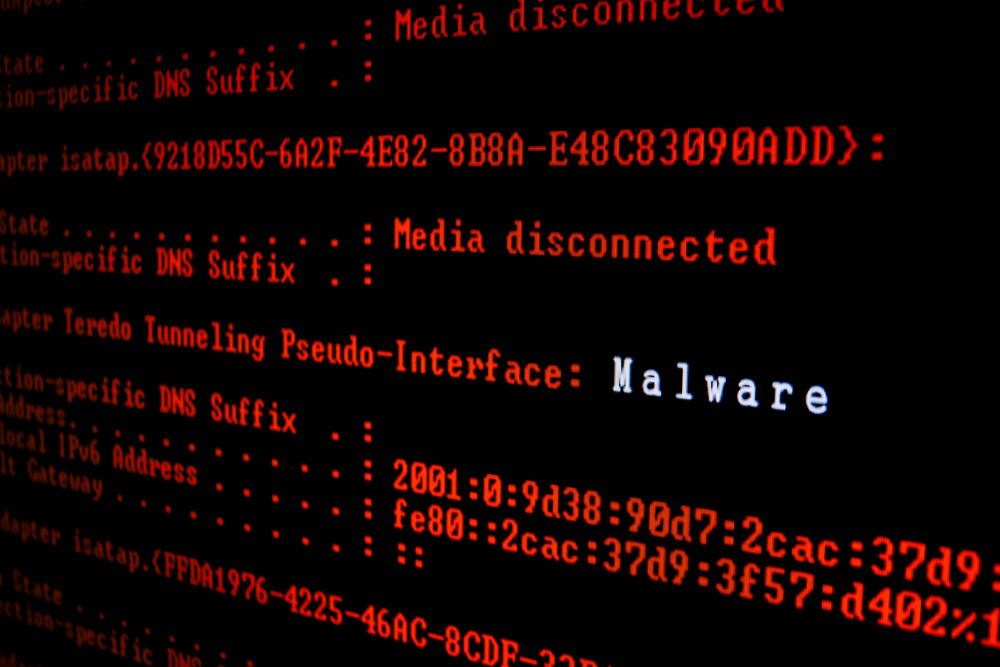Effective Strategies to Prevent Phishing Attacks
Learn effective strategies to protect yourself from phishing attacks. This article provides practical tips like recognizing scams, verifying website security, updating browsers, and using antivirus tools. Implementing these measures can significantly reduce the risk of falling victim to cybercriminals. Stay vigilant, utilize security extensions, and monitor your online accounts regularly for added safety. Protect your personal data by avoiding suspicious links and using strong passwords. Strengthen your cybersecurity defenses today with these essential prevention methods.

Effective Strategies to Prevent Phishing Attacks
Phishing is a cyberattack technique used by hackers to steal confidential information such as passwords, credit card details, and financial data. Attackers typically send fake emails or messages to trick users into revealing sensitive data. Common phishing methods include:
● Sending malicious links from unknown email addresses
● Distributing links from reputable websites to appear trustworthy
● Installing harmful software via email to collect personal information
Tips to Avoid Phishing:
Stay alert to scams
Hackers constantly develop new phishing tactics, so awareness is key
Protection begins with vigilance. Recognizing phishing attempts can prevent falling victim to cybercriminals.
Ignore emails from unknown senders
Phishing emails often contain links encouraging you to click. Avoid opening those from unfamiliar sources.
Use anti-phishing tools
Many browsers offer anti-phishing extensions that identify malicious websites, providing an extra layer of security.
Verify website security
Before entering personal or financial data online, check for "https:" and a padlock symbol confirming the site’s security.
Monitor online accounts regularly
Frequently review your bank and email accounts, and update passwords often to safeguard against unauthorized access.
Keep browsers updated
Always update your browser to the latest version to prevent exploitation of vulnerabilities which scammers may use.
Activate firewalls
Implement both software and network firewalls to safeguard sensitive data.
Beware of pop-up scams
Avoid clicking on pop-up windows or ads; close them immediately or use ad-blockers to prevent malicious interactions.
Protect your personal information
Never share sensitive data like banking details on untrusted websites or with strangers online.
Install reliable antivirus software
Regularly update your antivirus programs to detect and block new phishing threats, including spyware and malware.
Combining these security practices significantly minimizes risk. Using antivirus solutions along with firewalls provides comprehensive protection. Choose security tools suited to your specific needs, whether for personal or organizational use, including specialized options for IoT devices. Staying cautious and proactive is essential to defending against phishing attacks.










